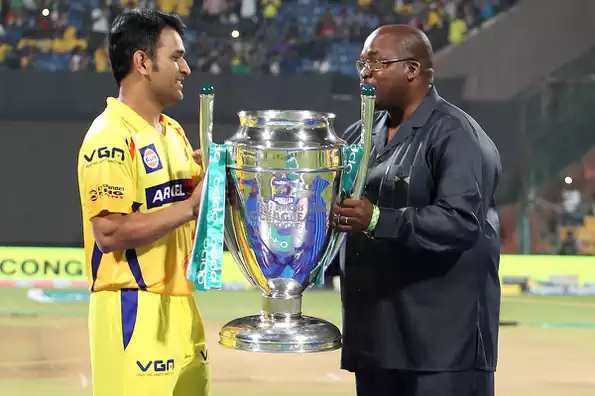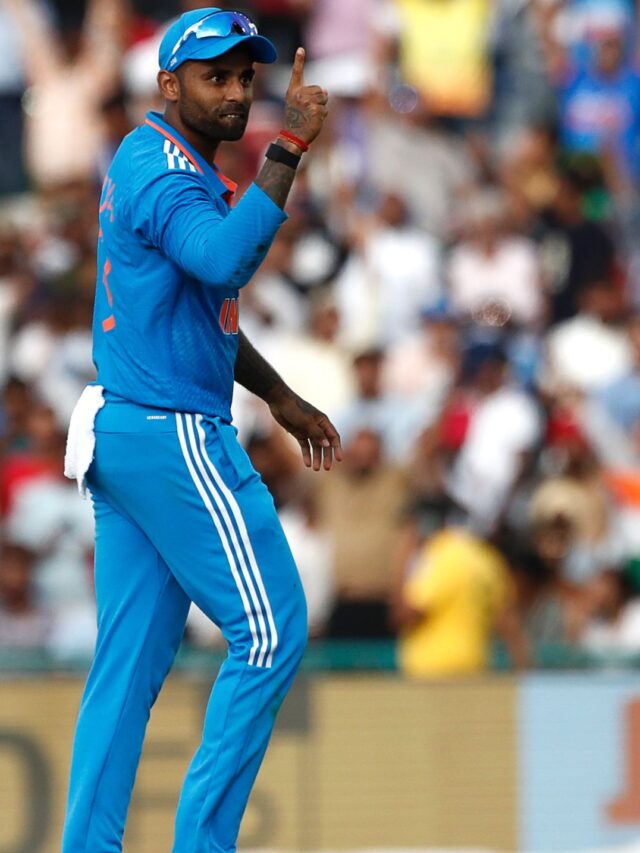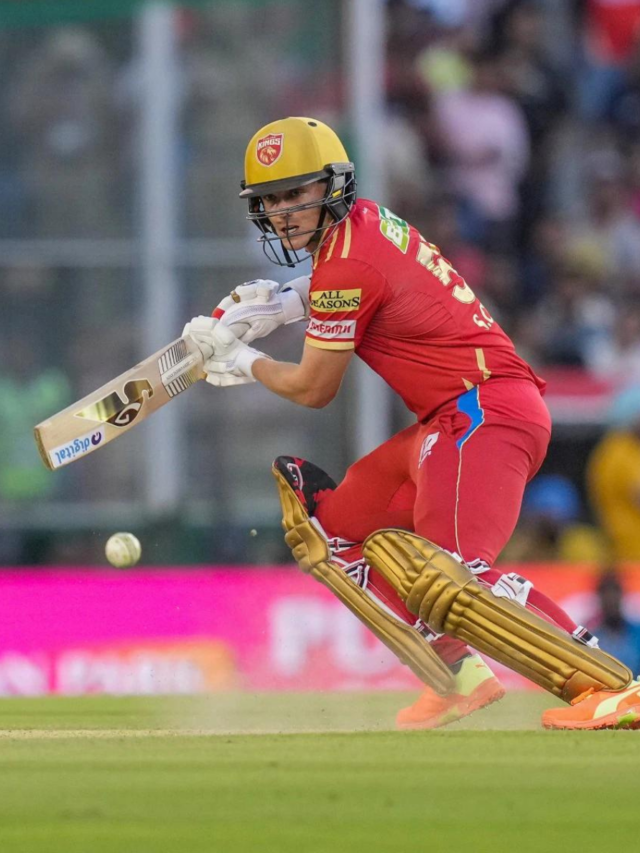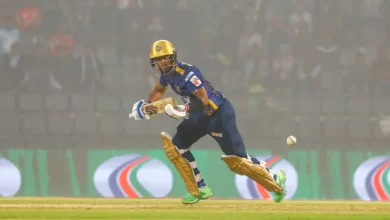T20 Cricket NewsCricket NewsICC UpdatesInternational CricketInternational MatchesT20T20I Series
Champions League T20 Set for a Grand Return After Over a Decade

ICC Approves Revival of CLT20 in a New Global Format
After a gap of more than 10 years, the Champions League T20 (CLT20) is all set to make a much-anticipated return. The International Cricket Council (ICC) has officially given the green light to reintroduce the league, this time with a broader vision and a more inclusive framework. The decision was taken during the recently concluded ICC Annual Conference in Singapore, where member boards discussed the evolving landscape of franchise T20 cricket.
According to sources close to Cricbuzz, the revamped CLT20 could begin as early as next year, depending on logistical and structural readiness. The tournament will once again bring together top-performing franchises from various domestic T20 leagues around the world.
Global Cricket Boards to Collaborate on Structural Framework
Tackling Multi-Team Ownership and Governing Body Formation
One of the key agenda items in the upcoming discussions will be addressing the cross-team ownership issue, where several owners operate multiple teams across countries. This overlapping control poses a potential conflict of interest and will require careful regulation.
To manage the operations, the participating boards are expected to establish a Governing Council (GC) or a supervisory board, mirroring the original structure that governed the league from 2009 to 2014.
In addition to this, discussions will center around defining the scale, scope, and format of the tournament. Unlike its earlier version, the new CLT20 will have to accommodate a significantly expanded cricketing ecosystem that includes more than 10 major franchise leagues.
The Rise of T20 Leagues: A Crowded Yet Competitive Arena
Over the last decade, the cricketing world has witnessed an explosive growth in franchise-based T20 leagues. While the original CLT20 featured only teams from countries like India, South Africa, Australia, and the West Indies, today, there are prominent leagues in USA, UAE, Nepal, Canada, and several other Associate and Full Member nations.
The Hundred in England, SA20 in South Africa, Major League Cricket (MLC) in the USA, and ILT20 in the UAE are examples of how franchise cricket has gone global. This expansion presents both an opportunity and a scheduling challenge, as the ICC and boards must find a suitable calendar window without clashing with existing leagues or international commitments.
📌 Related article: Evolution of Franchise Cricket Since 2009
BCCI, ECB, and CA Likely to Play Key Roles
The Board of Control for Cricket in India (BCCI) is expected to play a leading role in the tournament’s re-launch, leveraging the global influence and reach of the Indian Premier League (IPL). Alongside the BCCI, Cricket Australia (CA) and Cricket South Africa (CSA)—founding members of the original CLT20—are also likely to participate in the organizational structure.
Interestingly, the England and Wales Cricket Board (ECB), which was not part of the initial league, is now expected to be an active participant in the revamped edition, signaling a stronger European involvement.
This collaboration between major boards will be vital for the tournament’s commercial success, especially in negotiating broadcasting rights and sponsorship deals.
The Fall and Future of CLT20
The original CLT20, launched in 2009, lasted until 2014. It was eventually discontinued in 2015 when the founding members accepted a shutdown proposal from broadcaster Star Sports, following sustained financial losses and low viewership. Star compensated the BCCI, CA, and CSA to terminate the league.
Now, with the changing dynamics of global cricket and growing audience interest in T20 tournaments, the CLT20 is being seen as a product with renewed potential. The first step toward revival will involve floating a tender to onboard a broadcasting partner, expected to happen later this year.
The return of the Champions League T20 marks a significant moment in the evolution of modern cricket. It offers a platform for top-performing domestic teams to compete on a global stage, driving both competitiveness and commercial growth. However, to ensure its success, the ICC and participating boards will need to resolve structural, scheduling, and regulatory complexities.
If executed correctly, CLT20 could emerge as a prestigious international tournament, much like the UEFA Champions League in football, giving cricket fans around the globe yet another reason to celebrate the shortest and most popular format of the game.















